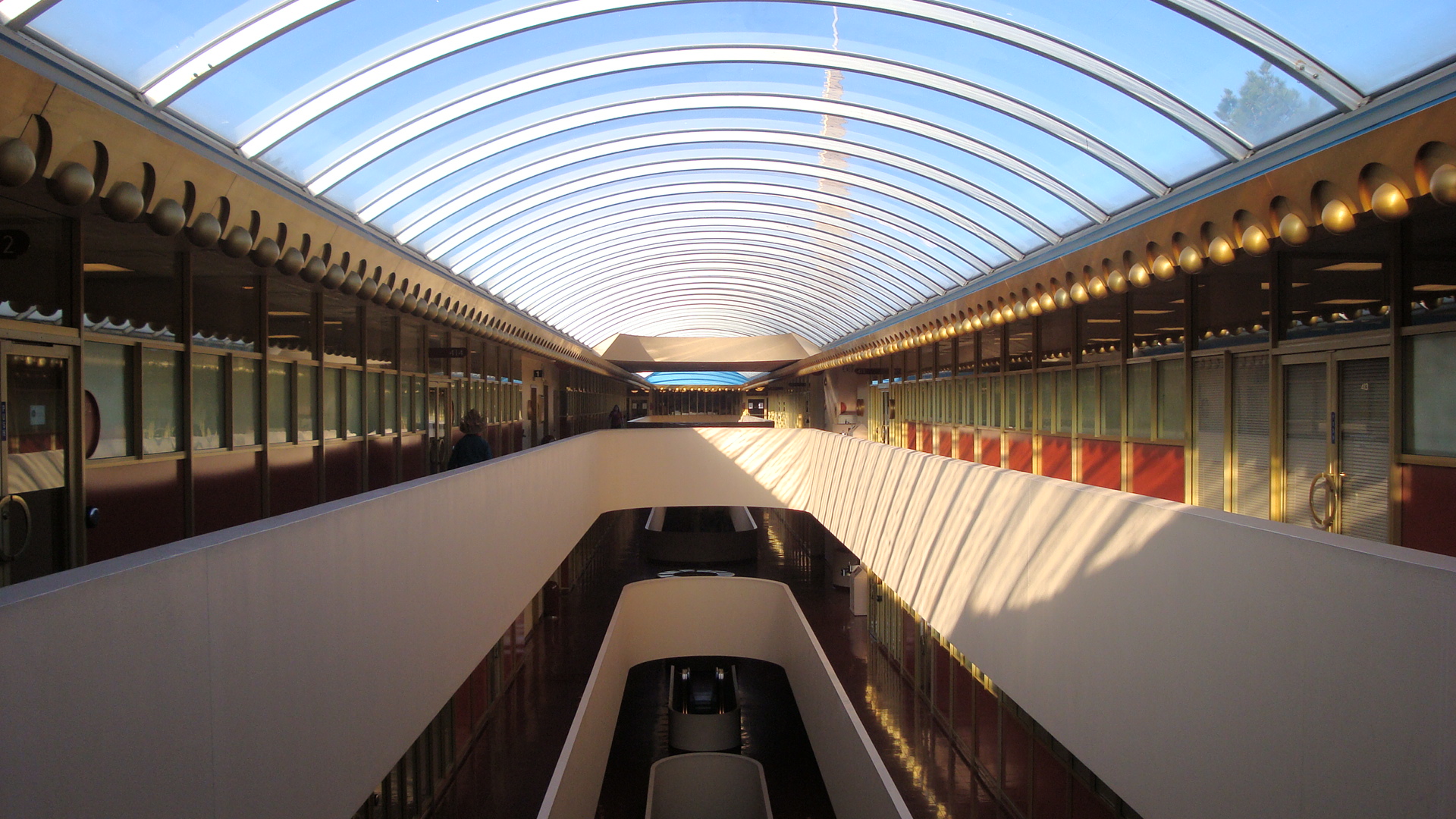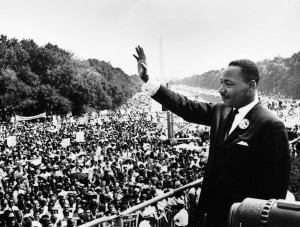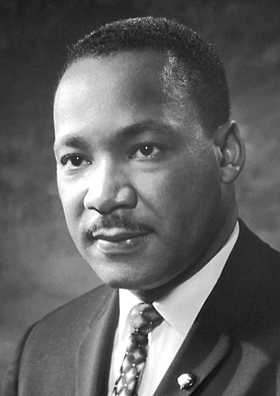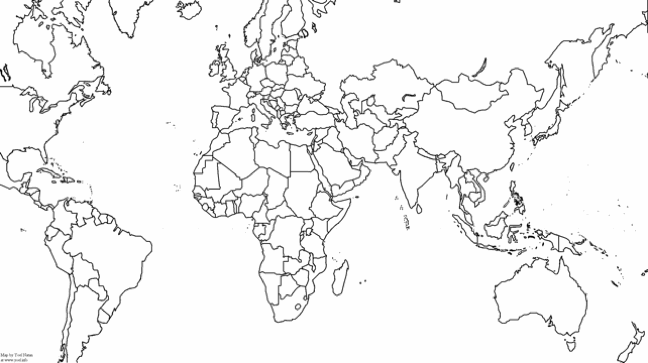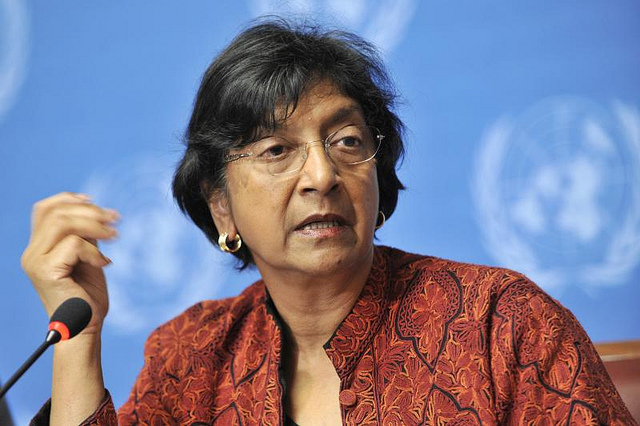-
Gattaca dystopia: future, present or the past?
It’s hard to work out if the 1997 movie Gattaca presents a vision of triumph or failure of humanity. It presents a dystopian future which echoes the dystopian elements of our present and past. In this future, people are judged solely by their genetic scorecard. Those whose parents do not engineer them for success before birth are marked out as an underclass fit only for menial tasks. Those who try to cross the genetic border are ‘de-generates’ and ‘invalids’ – a criminal other. The “genoism” (discrimination) that arises from the use of genes to judge human worth, echoes the race science of Nazism and early 20th century eugenics in…
-
Is ethnic nationalism a surrogate religion?
The notion of foreignness relies on a separation of ‘us’ and ‘them,’ and today’s world, it is often ethnicity and nation—two terms that are related but not necessarily coterminous—that create that us-them dichotomy. It is crucial to realize, however, that the ideas of ethnicity and nation are hardly timeless. We tend to cherish our so-called ethnic or national identities as if they are embedded in our DNA, and while there is of course nothing necessarily wrong about doing so, it is also essential to bear in mind that far from being natural, ethnic or national identities are socially constructed—and, what’s more, only socially constructed very recently. In order to understand…
-
Why Global Citizenship?
1. Introduction Plutarch said: … nature has given us no country as it has given us no house or field. … Socrates expressed it … when he said, he was not an Athenian or a Greek, but a citizen of the world (just as a man calls himself a citizen of Rhodes or Corinth).[1] Plutarch urged his audience to become conscious of a wider reality and to exercise their imagination to overcome a narrow, localised conception of their identity. That is the role of my global citizenship claim too. Plutarch and Socrates did not conceive of the world as a globe,[2] as I do: I have travelled across the world;…
